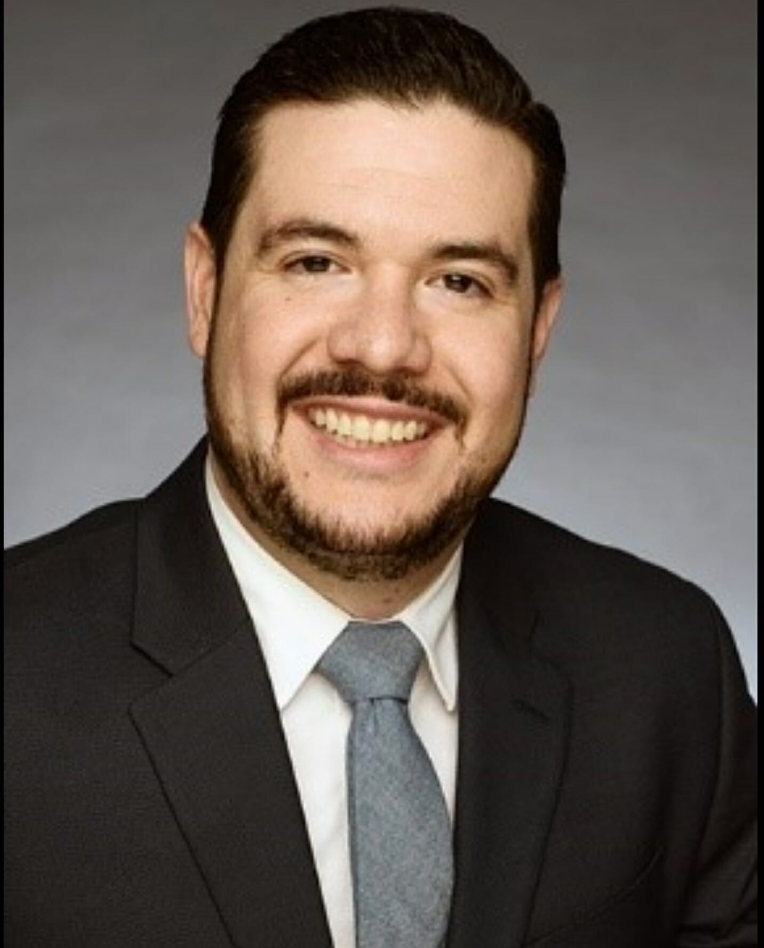Men, Hispanic Patients Less Likely to Incorporate Alternative Medicine
Women were significantly more likely to utilize complementary and alternative medicine strategies, such as yoga, acupuncture, and vitamins, to help manage chronic arthritis symptoms.
Among patients with rheumatic disease, men and members of the Hispanic community were significantly less likely to utilize complementary and alternative medicine (CAM), according to a recent survey from CreakyJoints.
Daniel Hernandez, MD

Common CAM strategies include tai chi, massage, meditation, yoga, acupuncture, and vitamins, and may help patients manage chronic arthritis symptoms.
Participants were recruited via the CreakyJoints and COVID-19 Patient Support Program mailing lists and invited to complete a 6-question survey between December 2 and December 16, 2021. Patients were asked about their rheumatic disease, CAM therapies, and which approaches they found the most helpful.
Eligible patients had a clinical diagnosis of psoriatic arthritis (PsA), rheumatoid arthritis (RA), ankylosing spondylitis (AS) or axial spondyloarthritis (axSpA), osteoarthritis (OA), or juvenile idiopathic arthritis (JIA).
“At the start of a new year, many people reflect on their goals for the next 12 months. We conducted this survey to better understand how people with arthritis manage their condition going beyond prescribed medications and to start a conversation about why a holistic, patient-centered approach is key to maintaining physical, emotional, and mental wellness all year long,” stated Daniel Hernandez, MD, Director of Medical Affairs and Hispanic Outreach, CreakyJoints.
Of 847 patients surveyed, 87% were female, 81% identified as White, and the average age was 61 years. Most (65%) had either RA or JIA, and 25% reported having spondyloarthritis (SpA) of some kind.
Most participants (89%) used CAM as a part of their arthritis management, including vitamins (71%), herbs (34%), and joint supplements (47%). Among alternative medicine strategies, the most helpful among patients were massage (76%), Chi Gong (76%), yoga (74%), relaxation and mind/body activities (72%), and spiritual practice (71%).
A total of 27% of men reported never using CAM and only 11% incorporated it into their disease management routine. Conversely, 89% of women surveyed had tried alternative medicine at some point.
White respondents were significantly more likely to have used CAM than never having used it (82% vs 71%m p=0.007) when compared with Hispanic or Latino participants (13% vs 32%, p<0.001).
“An arthritis diagnosis requires a lifetime management commitment and there will be times when a person living with arthritis feels better and worse. Our CreakyJoints survey, and other existing peer-reviewed studies, show that CAM can have a positive impact on the experience of symptoms,” Hernandez explained. “However, our survey also suggests that more education is needed to encourage men and members of the Hispanic community to understand the range of CAM therapies available and to encourage them to speak with the health provider team about which therapy may offer benefit to them.”
CreakyJoints® is an international digital community for patients and caregivers to receive education, support, advocacy, and patient-centered research. Patients are encouraged to use their ArthritisPower® research registry, a free mobile and desktop app for those living with arthritis, joint, bone, and inflammatory skin conditions, and rheumatologic expressions of the gastrointestinal-tact. Patients can participate in research studies and track their rheumatic disease experience, including medication and treatment, signs and symptoms, and CAM. The app is also available in Spanish.
To learn more about CAM, visit CreakyJoints Alternative Medicine.